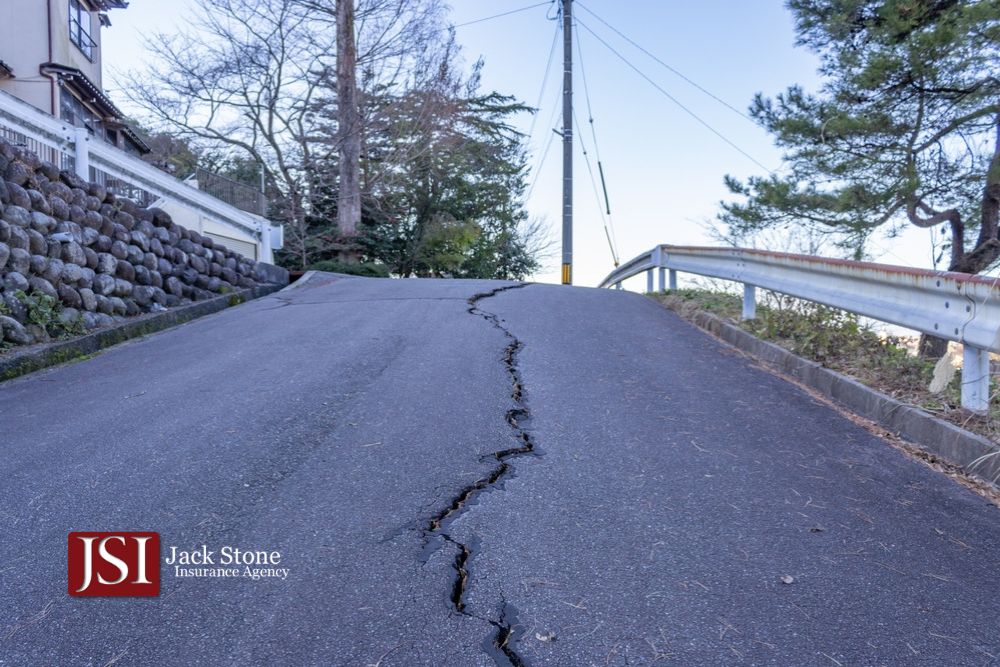The Price of Protection: Estimating Earthquake Insurance in California

California is the land of sunshine, beaches, and earthquakes! While the Golden State boasts undeniable beauty, the constant threat of seismic activity is a reality for residents. While homeowners insurance protects your property from many perils, earthquake damage is a glaring exception. This is where earthquake insurance steps in, offering a crucial financial safety net in a devastating quake. Let’s explore the factors influencing earthquake insurance premiums in California.
What Is the California Earthquake Authority (CEA)?
Established in 1994, the California Earthquake Authority (CEA) is a public, nonprofit organization that provides earthquake insurance to homeowners throughout the state. The CEA partners with private insurance companies to offer policies and handle claims.
Factors in Calculating Earthquake Insurance in California
Several factors come into play when determining your earthquake insurance premium in California. Here’s a breakdown of the key influences:
Earthquake Risk Level: This is arguably the most significant factor. Living in a high-risk zone near a fault line will result in a higher premium than a location with lower seismic activity.
Coverage Type: There are two main types of coverage: dwelling coverage and additional living expense coverage. Dwelling coverage reimburses you for repairs or rebuilding your home after an earthquake. Additional living expense coverage helps with temporary housing costs if your home becomes uninhabitable due to earthquake damage.
Coverage Amount: The more coverage you choose for your dwelling, the higher your premium will be. Consider the value of your home and the estimated cost of reconstruction when selecting your coverage amount.
Building Materials: Homes constructed with earthquake-resistant materials like reinforced concrete can qualify for lower premiums compared to those built with less resilient materials.
Home Age: Newer homes that adhere to stricter building codes designed for earthquake safety might benefit from lower premiums.
Soil Type: The type of soil your home rests on can influence its vulnerability to earthquake damage. Softer soil types can amplify ground shaking, potentially leading to higher premiums.
Deductible: A deductible is the amount you pay out of pocket before your insurance coverage kicks in. Choosing a higher deductible lowers your premium, but it also means a larger upfront cost in the event of a claim.
Types of Earthquake Insurance Coverage in California
There are two main types of coverage for California homeowners:
Dwelling Coverage: This covers the cost of repairing or rebuilding your home after an earthquake. Standard coverage limits range from $50,000 to $1.5 million, though you can customize your policy for higher coverage amounts.
Additional Living Expense Coverage (ALE): This coverage helps with temporary housing and other living expenses if your home becomes uninhabitable due to earthquake damage. Standard coverage limits typically range from $1,500 to $30,000 per month, with a maximum payout of $36,000.
Do I Need Earthquake Insurance in California?
While not mandatory by law, earthquake insurance is highly recommended for California homeowners. The potential financial devastation caused by a major earthquake can be crippling. Earthquake insurance provides relief and valuable financial protection in the face of this ever-present threat.
Save on Earthquake Insurance Costs with Jack Stone Insurance Agency
Estimating the exact cost of earthquake insurance in California can be challenging due to the various influencing factors. However, Jack Stone Insurance Agency can help you navigate this process. Our experienced agents can assist you in creating a customized insurance policy that fits your needs and budget. Contact us today to stay protected against the perils of earthquakes. Call us at (925) 392-8365 to get started.







